With the assistance of a computer-savvy friend an airline ticket was found to transport me from Sydney to London. Staggeringly expensive, it was still marginally less than the ones I’d found online by myself. The only problem seemed to be that there was a short stop-over in San Francisco. I knew I would have to go through passport control there and had problems in the past with my American visa; once my name was punched into the computer it was revealed I had been to a film festival in Iran in 2014. Mr Trump was evidently unhappy about this, which resulted in my being taken into a room for questioning. Once it was revealed I had directed some popular films in America – Double Jeopardy in particular contributing to my harmless credibility – I was allowed into the country.
This time, however, the man on the passport desk glanced without interest at my visa and lazily waved me on.
After visiting a number of old friends in England (mostly very old – three of them couldn’t get up the one flight of stairs to my London flat), an email arrived announcing that finance had been found for a script I first read seven years ago – a charming story of three American girls in Paris in the 1980’s. The optimistic producer had often been in touch with enthusiastic accounts of the certainty of finance. His grip on reality had proved to be tenuous, but this time he was certain to the extent that he even called my Los Angeles agent about a contract.
Seven weeks have gone by – weeks I thought would be spent casting and location hunting – but the elusive finance remains elusive. I am assured, repeatedly, it’s about to be confirmed.
None of this, incidentally, is even slightly unusual. The memoirs of any film director will be replete with welcome news of finance for their projects, followed by vivid and usually puzzled accounts of its disappearance. The reasons for this? Often, it’s a matter of over-enthusiastic producers misinterpreting the guarded and invariably vague commitment of investors or it is simply that the investors decide to shift their funds to projects that they consider to be more commercial. This is something that, with cavalier aplomb, they will do regardless of contracts that appear to be binding.
London. Bright sun and days hovering around 30 degrees Celsius. Pubs and restaurants are packed despite the astronomical prices. Thanks to the collapsing Australian dollar I can easily work out costs in dollars by doubling the £ charge, though it’s best to avoid anxiety attacks by not doing this.
Theatre in London was traditionally mostly plays with a sprinkling of musicals. Now the majority of theatre productions are the latter, among them an inventive production of Guys and Dolls done in the round by the director Nicholas Hytner. A hunt for plays resulted in my wife and I attending the opening night of a revival of Noel Coward’s witty Private Lives, engagingly played by Nigel Havers and Patricia Hodge. Almost the only new play in town is Dr Semmelweiss – an over-directed and intermittently lugubrious story about the Czech doctor, who, in the middle of the 19th century, brought the concept of hygiene into hospitals, which resulted in the percentage of woman dying in childbirth falling from a startling figure to nearly zero.
Semmelweiss was played by the fiendishly busy actor Mark Rylance, one of the most unlikely superstars of all time. Short, balding, unremarkable looking and 63 years old his eminence in film and theatre can only be attributed to his incredible talent. I recommend, actually insist on, a Netflix search for the film The Outfit, in which he plays an English tailor working in Chicago in the Fifties. A flawless performance.
A trip to Paris on the crowded but comfortable Eurostar. Since the Brexit fiasco all of the passport, visa, luggage checks and inspections have been re-introduced. I can’t imagine how the government thought that walking away from European unity and unrestricted access to a huge market could possibly be a good idea. What persuaded the population to vote for that!? Were they given all the details? Shades of the Australian ‘voice to parliament’ vote?
Paris. As delightful as always. We visited the Musée Nissim De Camondo, a magnificent house built in 1914 in 18th-century style by Jewish banker brothers who came to Paris from Turkey. In 1936 the house was opened to the public. The elaborate décor and collection of furniture, paintings and sculptures remains exactly as the family left it. Tragically, surviving members were sent to Auschwitz by the Nazis.
The Bibliothèque Nationale has been extensively re-modelled and is open to the public. Above the vast circular reading room is the best collection, and best-displayed collection, of classical Greek art that I have ever seen. A smaller room has fascinating memorabilia of the director Abel Gance, whose six-hour film, Napoleon, (made in 1927) will always remain one of the greatest achievements in the history of cinema.
We decided to take the train to Argentan, in Normandy, where there is a new museum devoted to Fernand Léger. My friend, the Australian painter Jeffrey Smart, studied with Léger and often talked to me of his admiration for him.
At the Montparnasse station we found that the French railways have dispensed with ticket-sellers. All tickets must be bought through a huge machine that looks like something from an old fun parlour. The machine requests a lot of information of the travellers – including name, date and place of birth, email address and mobile number as well as destination and point of departure. All of this was filled in only to produce a message denying Montparnasse as the point of departure. Luckily, a French passenger saw my struggles and advised, ‘Buy the ticket from the conductor on the train. Everyone does that’.
The Léger museum, built into his mother’s house in Argentan, proved to be a triumph of innovative design and was packed with images and movie visuals of the great artist.
In Paris, on a day of 33-degree Celsius heat, I met with the French actors Vincent Perez (he played in my film Ladies in Black and has now directed four films) and Emmanuelle Seigner. Both are forthright and amiable and are interested in playing in an upcoming (I hope) production of mine. Emmanuelle is the wife of the director Roman Polanski and both she and Vincent appear in Polanski’s 2019 film about the Dreyfus case – An Officer and a Spy. I’m told by friends that the film is outstanding but, due to a curious sudden revival of the 1977 scandal about Polanski’s relationship with a 13-year-old girl, the film has had no distribution outside France.
Back in London, I await news of finance for the film about the three friends in Paris in 1982.
Got something to add? Join the discussion and comment below.
Get 10 issues for just $10
Subscribe to The Spectator Australia today for the next 10 magazine issues, plus full online access, for just $10.
You might disagree with half of it, but you’ll enjoy reading all of it. Try your first month for free, then just $2 a week for the remainder of your first year.

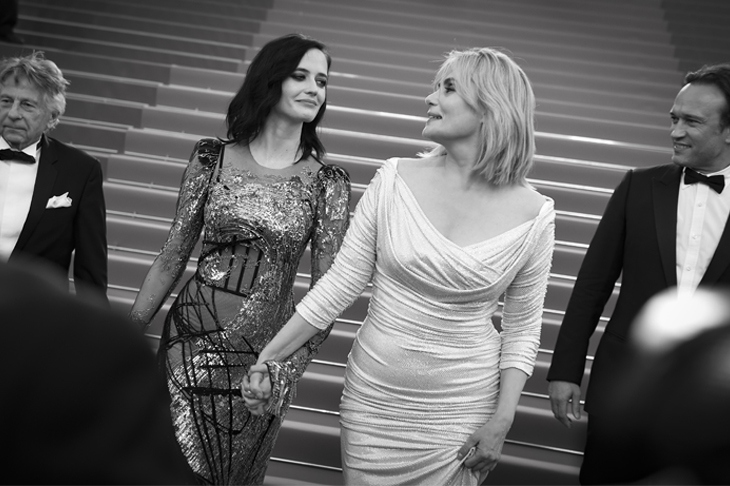
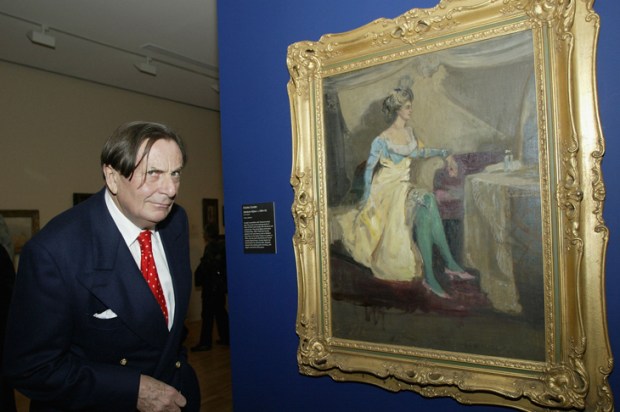
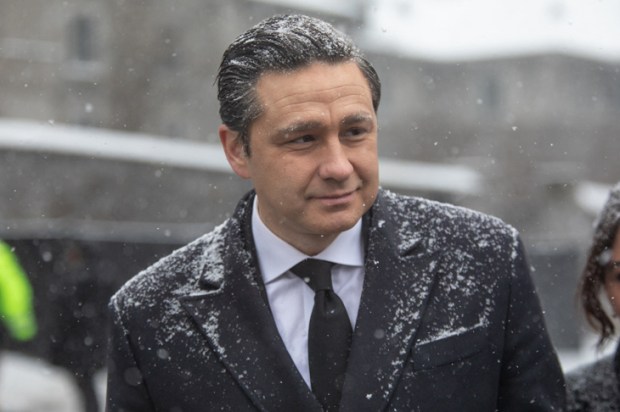
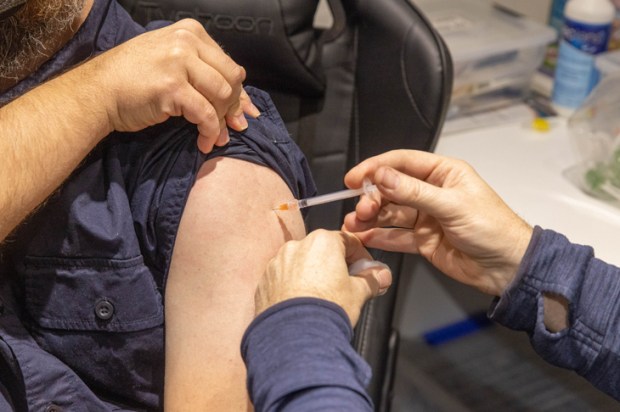
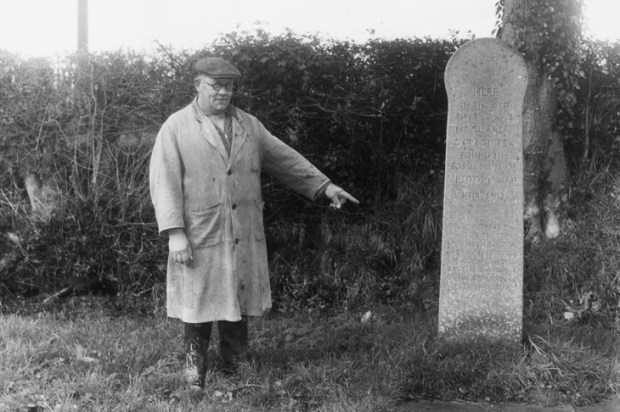
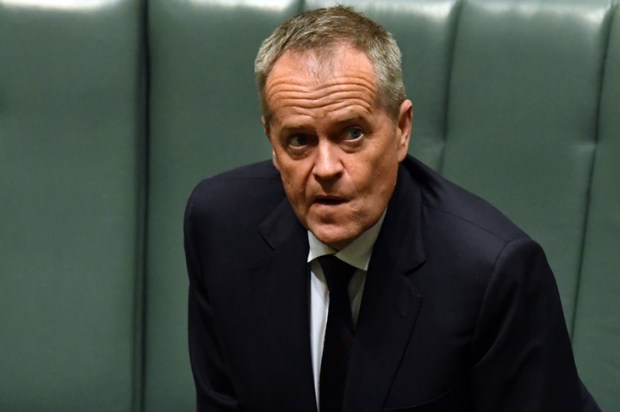
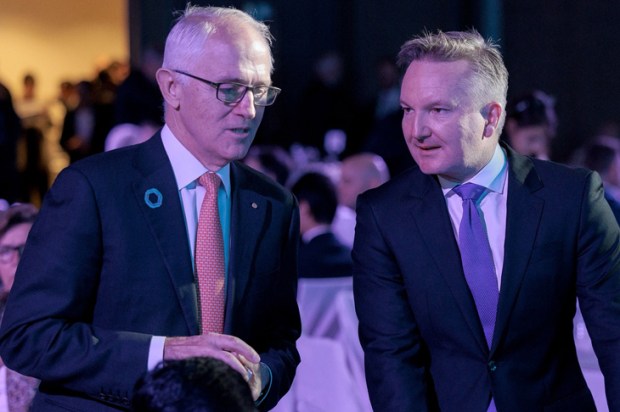






Comments
Don't miss out
Join the conversation with other Spectator Australia readers. Subscribe to leave a comment.
SUBSCRIBEAlready a subscriber? Log in